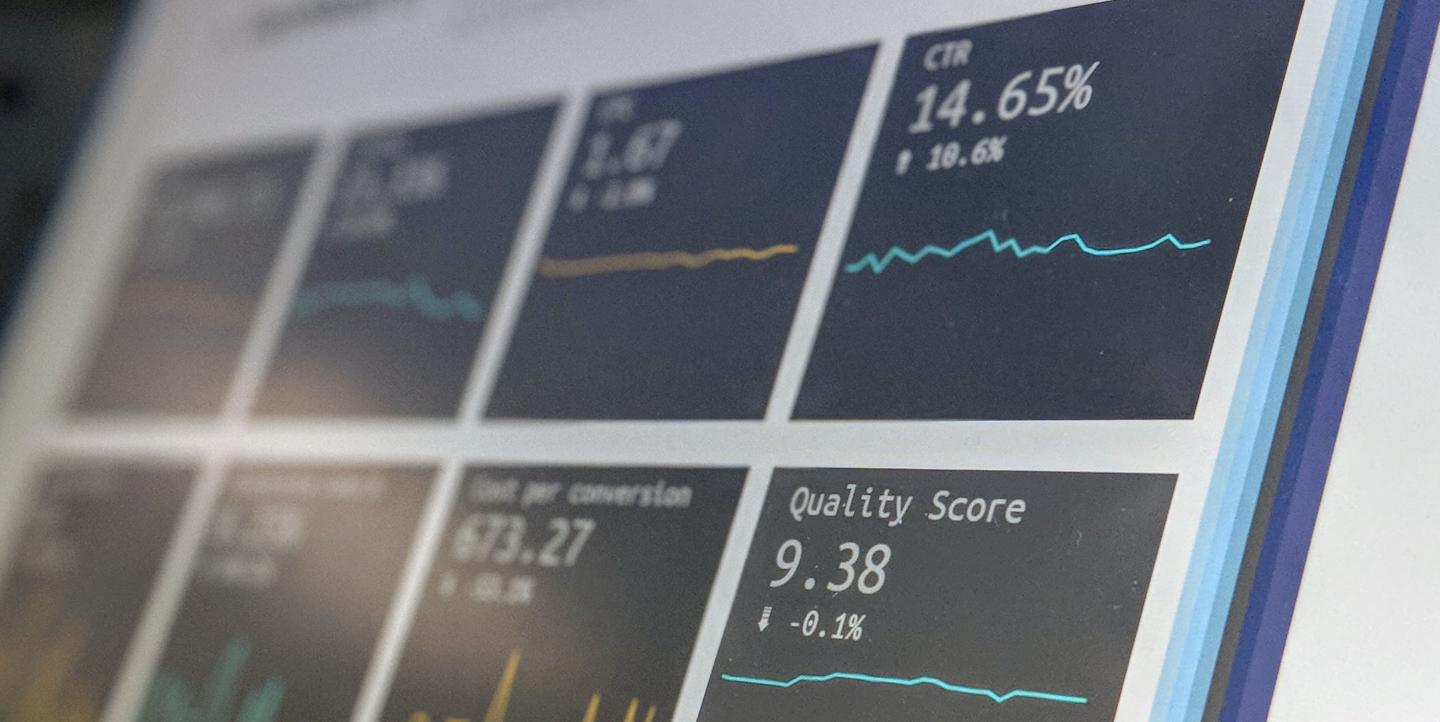Ensuring the sustainability of digital media has always been challenging, and especially so during COVID-19.
While media organizations in Zimbabwe are searching for new business models, including turning to the government for support, the challenges are not only financial, media practitioners have acknowledged.
“The impact of COVID-19 on journalism in Zimbabwe has been huge. It shifted everything to virtual and digital,” said Samm Farai Monro, creative director at Magamba Network. “You see, the transition that was happening to digital use was going to take another five years or so, but because of COVID-19 it was condensed into the space of a year. There has been a rapid shift into digital.”
But the enhanced use of digital platforms isn’t enough. The harm inflicted by COVID-19 on companies’ bottom lines cannot be overstated, said Nigel Nyamutumbu, a program manager at the Media Alliance of Zimbabwe, a coalition of media organizations in the country.
“What we have observed over this pandemic period is that most media organizations are downsizing. Some have actually gone as far as retrenching, and there is a serious dwindling of resources whether you look at advertisers, sales and circulation which is something that is of concern,” said Nyamutumbu.
[Read more: Digital journalists in Zimbabwe offer an alternative to polarized media]
Also of concern is that the government didn't prioritize financial relief for news organizations, despite the critical role they play in informing the public, according to Nyamutumbu. “In this COVID-19 era, access to information is what anchors people’s survival and it is tied to citizens’ right to life. Obviously, we need to reflect on adapting, first by investing in digital media or online media, embracing convergence and ensuring that we begin to reflect on how we can monetize these online spaces,” he said.
Monro agreed that monetizing online spaces should now be a priority as there is an increasing rise of alternative digital media startups and community media organizations in Zimbabwe.
“For media companies to be sustainable in the new normal, I think there has to be a complete rethinking of the business models of media companies. I think everything has changed, so there has to be a really new innovative way of approaching news, realizing the fact that digital is here to stay,” he said.
For newsrooms to survive post COVID-19, they need to rethink the funding models beyond the traditional advertisers and sales, said Nyamutumbu: “We need to be developing sustainability models that are within the reality and context of the global family of nations that are going to be under lockdown for at least some time. People have also now re-adapted to how they consume news and information.”
Njabulo Ncube, a national coordinator at the Zimbabwe National Editors Forum, noted that most news organizations lack a backup plan to deal with the pandemic’s challenges. “It is a tricky situation for the industry; you will find that most media organizations don’t have a fall-back position. That is why there is an outcry for a relief fund,” he said.
Monica Mutsvangwa, the country’s minister of information, publicity and broadcasting services, acknowledged that there is a need to safeguard the media’s future in the post-pandemic era.
Speaking in a televised address to mark World Press Freedom Day last May, Mutsvangwa stressed that the Zimbabwean government was committed to supporting the country’s news media by allowing it to be part of essential services and ensuring journalists freely carried out their duties during the national lockdown.
[Read more: How two Mexican media startups have survived the COVID-19 crisis]
Still, media practitioners believe the government needs to do even more to provide resources and policies that can support media sustainability.
This would build on efforts in the past, such as the existing broadcasting fund established under the Access of Information and Protection of Privacy Act
“It is our considered view that a multi-tax regime has to be reviewed to support this critical sector and that is where the government plays a critical role,” said Nyamutumbu.
Lungelo Ndhlovu is a multiple-award winning international journalist based in Bulawayo, Zimbabwe.
Photo by Stephen Dawson on Unsplash.


